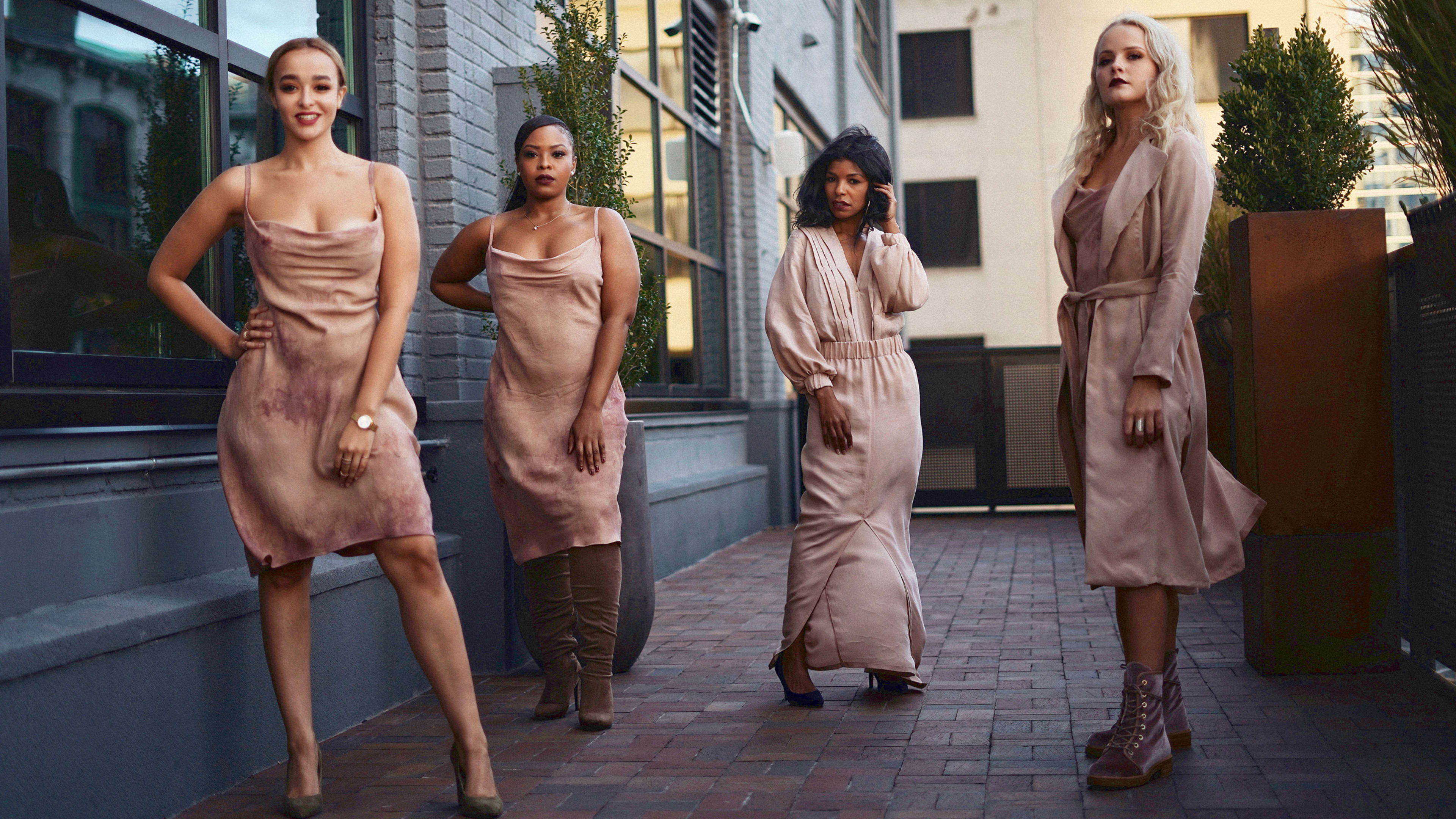You might know Beyoncé for her stunning red carpet looks and her trendy activewear label. But her philanthropic organization, BeyGood, also backs dozens of Black-owned businesses working toward racial justice. And one of them happens to be a fashion label that creates sexy, edgy outfits from old clothes and unwanted fabric.
Meet Grant Blvd, a 3-year-old startup founded by Kimberly McGlonn. In addition to its focus on sustainability and ethical, local production, what’s unique about this brand is the artisans behind it: Grant Blvd works closely with the city and state to hire formerly incarcerated people. Every aspect of the brand pushes against fashion norms, and the formula appears to be working. The Philadelphia-based brand is growing, and Beyoncé’s infusion of $10,000 will help it expand further.
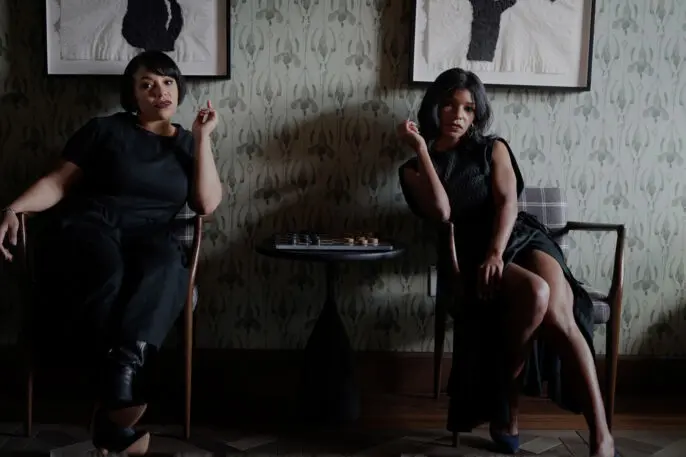
“I’m hyperfocused on telling a story about the state of the planet from an intersectional perspective,” McGlonn says. “Moving beyond the damage the fashion industry does to the environment to the ways in which our systems are outgrowths of colonialism that oppress people of color.”
Three years ago, she started building her own label, which now has a design studio and boutique in West Philadelphia, as well as an online store. As someone who wasn’t immersed in the fashion industry, McGlonn had to teach herself the basics. As she did her research, she realized that fashion has a massive pollution and waste problem, not to mention that garment workers are among the most vulnerable and least paid in the global supply chain.
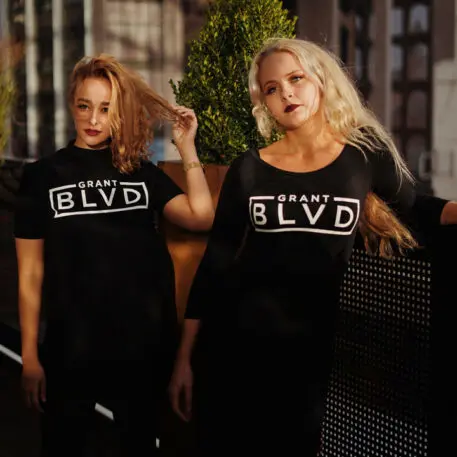
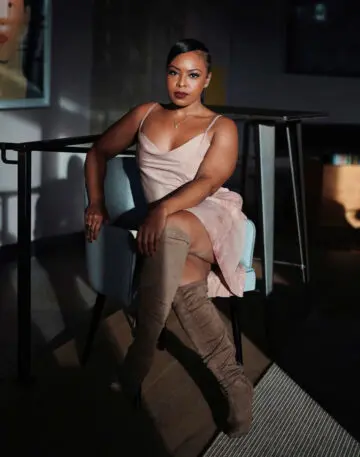
“I’m inspired by the aesthetics of Issa Rae, Solange, and Janelle Monáe,” McGlonn says. “These women think beyond gender binaries.”
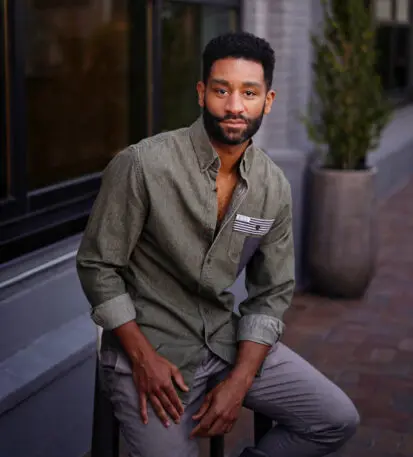
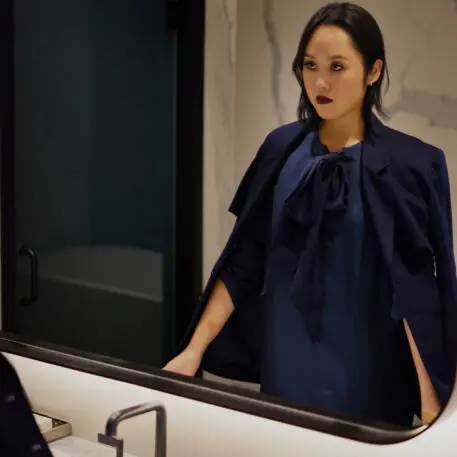
“They figure out who’s doing the bucket hats, who can handle the pockets, who likes doing zippers,” she says. “It empowers the workers to be playful and figure out what their passions are. It creates a unique, different kind of product.”
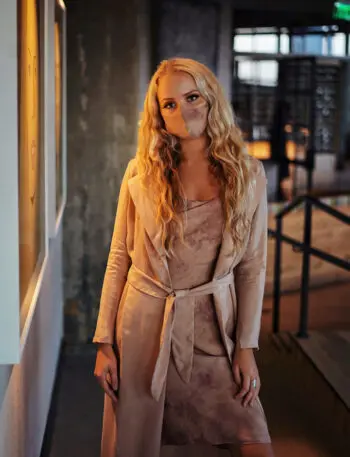
At Grant Blvd, there are many iterations of the same look, none of which are identical. There might be five pairs of black color-blocked joggers, for instance, but some have orange details while others have red details. Prices range from $30 for a T-shirt to more than $300 for a coat.
Since it launched in 2017, Grant Blvd has developed a loyal customer base. These days, McGlonn struggles to keep items in stock, even though she continues to hire more seamstresses. She’s considering partnering with like-minded organizations in Asia to expand production. But for now, she’s finding ways to keep growing locally.
Early this year, she found out about the $10,000 grant from BeyGood, which had partnered with the NAACP to support Black-owned businesses. McGlonn was thrilled not just because Beyoncé is such a fashion icon, but because the grant suggests that the fashion industry might embrace her values. “It was an enormous source of validation,” she says. “But I also hope it says something about what’s coming next in fashion—that Black-owned companies centered on sustainability and ethical, local production is the way forward.”
Recognize your brand’s excellence by applying to this year’s Brands That Matter Awards before the early-rate deadline, May 3.
